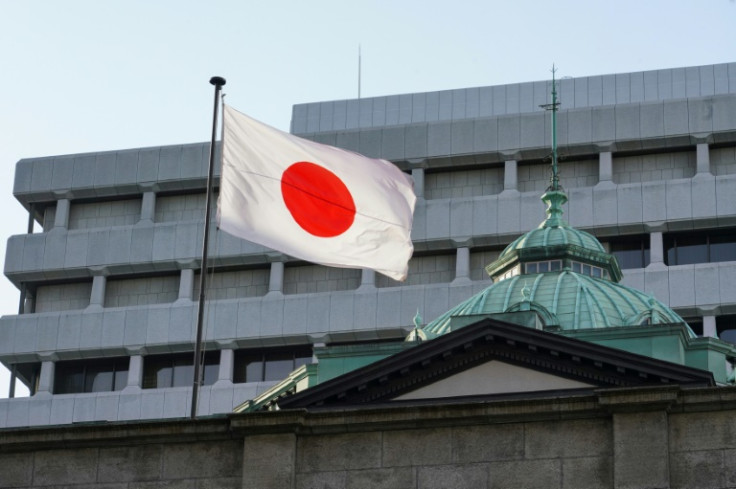
Japan is grappling with a demographic crisis as Prime Minister Kishida declares a 5.1 per cent decline in the country's birth rate, marking what he has termed as the "biggest crisis" for the nation.
In 2023, the count of newborns in Japan reached an unprecedented eight-year low, marking a continual decline.
According to the Health and Welfare Ministry of the country, there were 758,631 births last year, reflecting a 5.1 per cent decrease from the figures reported in 2022.
The ministry highlighted that this represents the lowest number of births recorded since Japan initiated its statistical compilation in 1899.
The alarming decrease in births presents a formidable challenge that extends beyond demographic concerns, raising questions about the social, economic and cultural implications for Japan's future.
The demographic challenge is compounded by an ageing population, with Japan already grappling with one of the highest life expectancies globally.
The imbalance between an increasingly elderly population and a dwindling number of births raises concerns about the sustainability of the nation's social security systems and the overall well-being of its citizens.
Yoshimasa Hayashi, Chief Cabinet Secretary, stressed that the upcoming six years leading to the 2030s represent Japan's final opportunity to reverse the trend as the younger population is anticipated to decline rapidly.
In an interview, Hayashi underscored the "critical state" of Japan's ongoing declining birthrate, emphasising that there is no time to lose.
The recorded number of registered marriages in the country saw a significant decrease to 489,281, marking a 5.9 per cent decline from the figures reported in 2022.
This marks a historic moment, as it is the first time in 90 years that the marriage rate has fallen below half a million.
The decline in marriages is identified as a key factor contributing to the overall decrease in birth rates.
In Japan, the occurrence of out-of-wedlock births is exceptionally rare, reflecting the prevalent family values rooted in a paternalistic tradition.
Economic pressures, including high living costs and a demanding work culture, often deter young couples from starting families.
Additionally, social expectations and traditional gender roles contribute to delayed marriages and childbirth, impacting the overall fertility rate.
Addressing the crisis also involves fostering a societal shift in attitudes towards family life.
Encouraging a more family-friendly environment, promoting shared responsibilities in childcare and challenging societal expectations are vital components of creating a conducive atmosphere for young couples to embrace parenthood.
Japan has witnessed a consistent decline in the number of births over the last 50 years, with a peak at approximately 2.1 million.
The current population, standing at around 125 million, is anticipated to decrease by about 30 per cent, reaching 87 million by 2070.
According to estimates from the National Institute of Population and Social Security Research, it is predicted that by 2070, four out of every 10 people in Japan will be 65 or older.
The recent downturn, as recorded in the survey, has occurred at a swifter pace than earlier predictions, which foresaw an annual figure below 760,000 by 2035.
The accelerated decline in the ageing population raises significant concerns for Japan's economy and national security.
This trend poses challenges as Japan aims to strengthen its military capabilities to counter the rising territorial ambitions of China.
Beyond statistical figures, the issue underscores the need for comprehensive policies that address economic, social and cultural factors.
The shrinking workforce resulting from a declining birth rate will also lead to a shortage of skilled workers that will impact economic productivity and innovation.
Prime Minister Fumio Kishida is expected to release additional support and subsidies for childbirth, children and their families to encourage new parents.
Prime Minister Kishida's acknowledgement of the declining birth rate as the "biggest crisis" signifies a call to action for policymakers, communities and individuals to collaboratively work towards a sustainable future.







